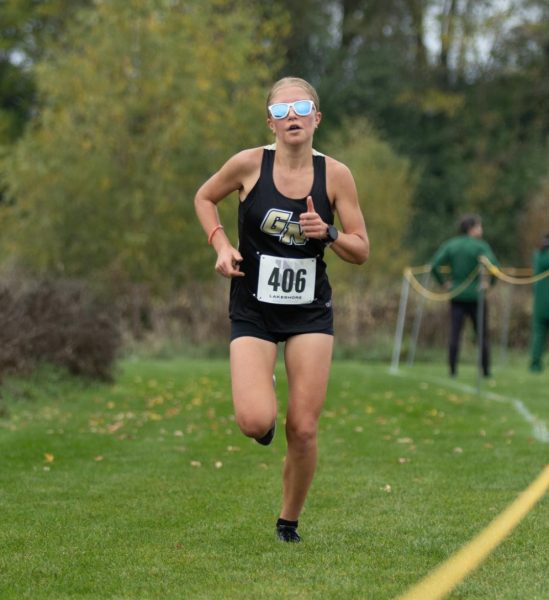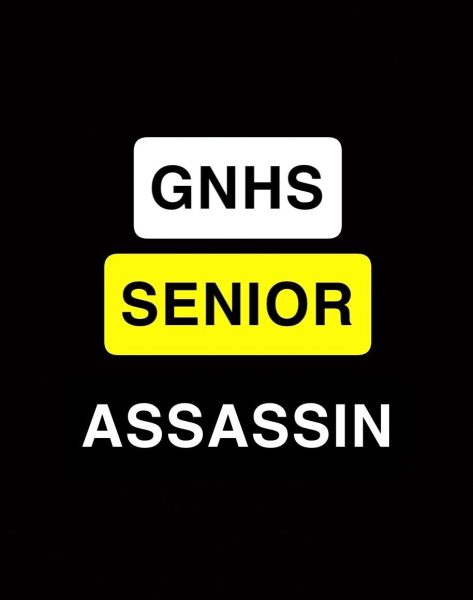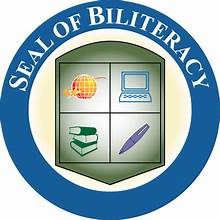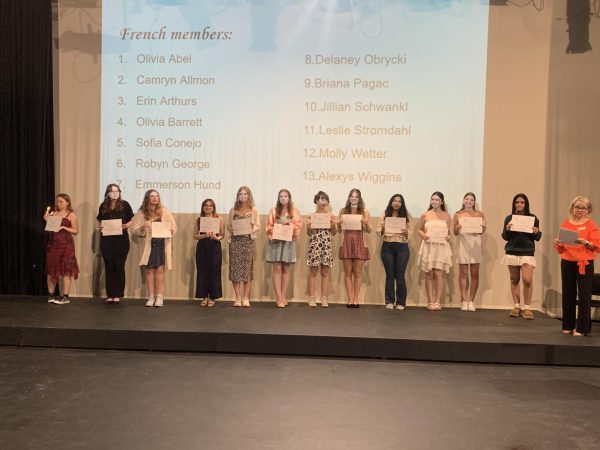Son’s legacy helps to save lives with EGK testing
Twenty year old Max Schewitz lived a life many
could only dream of. Earning a black belt as an adolescent, Max
was a rigorous athlete, lacrosse
and football being some of his
favorite sports. As he grew up,
he would conquer five continents
and teach people about
the importance of preserving
nature and understanding the
animals around them. The role
of family played a crucial part of
his life, as his parents supported
him throughout his childhood.
“Max was a super happy
baby, smiling and laughing with
loads of hugs and kisses for
everyone. As he got older, those
traits continued. He was just a
happy kid,” said mother Mary
Beth Schewitz. “We supported
Max’s love of reptiles locally
through Lake Forest’s Wildlife
Discovery Center.”
His passion and drive to
educate others was present as he
created his own organization,
Max and the Wild Things.
“He had a unique perspective
on life with his devotion to
reptiles and their ecosystem.
He also loved working with
children to overcome their fears
of reptiles,” Schewitz said.
Suddenly, Max’s adventure
came to an end due to a heart irregularity
in Sept. 2005. Despite
his passing, Max left a legacy
that would inspire future endeavors,
including the creation
of the Max Schewitz Foundation.
Schewitz, with the help of
family and friends, established
the organization shortly following
Max’s death. The foundation
supports heart screening for
students across the Chicagoland
area.
“We learned that a simple
[electrocardiogram] can
help identify some risk factors
for sudden cardiac death,”
Schewitz said.
An electrocardiogram
(EKG) is a test administered to
evaluate the pumping process
of the heart. This can aid in
discovering abnormal motions
within the heart.
“[It is] a test to check for
problems with the electrical
activity of your heart,” said
registered nurse Annie Swiatek.
“Your heart is made up of four
chambers, with the electrical
system causing the heart muscle
to contract and pump the blood
through [the body]. The EKG is
to check this electrical process.”
The test is fairly short, only
lasting from two to five minutes.
“The patient lies down
while the nurse applies the
adhesive tabs and electrodes on
the patient’s body,” said registered
nurse Susan Otterstetter.
“This translates over to different
tracings and w ves of their
cardiac pattern.”
According to the Sudden
Cardiac Arrest Foundation,
approximately 300,000 people
die of sudden cardiac failure
each year, with 6,000 of those
being teenagers. There have
been countless cases across the
United States of children dropping
on fields and courts all too
soon, yet with the technology
the country has, some of these
cases were preventable.
“To find the conditions you
know nothing about, such as a
hidden inherited disorder, an
EKG test and/or an echo are extremely
useful,” Schewitz said.
During her investigation
with EKG testing, Schewitz
realized that screening is not
usually included in a child’s
physical, which could have
saved not only her son, but
many more unfortunate victims
of cardiac arrest.
“We had found a cardiologist
[who] developed the protocol
for school wide EKG screening
and [hired] them. However,
it was clear the demand for
screening would outstrip their
ability to provide it,” Schewitz
said. “So, we began providing
our own EKG testing and have
now provided over 50,000 EKGs
to local students. Hopefully, the
impact of our screening will be
that someday all children in the
United States will receive an
EKG as a part of their routine
physical.” Along with neighboring schools Grayslake Central and Lakes Community High School, the Max Schewitz Foundation has administered to over 20 schools. In addition, they are
planning to screen North for the
third time on Feb. 25.
“We’ve identified hundreds
of students with his heart conditions,
many of whom had
life-changing results,” Schewitz
said.
The foundation has high
hopes for the future, including
the chance of changing the
physical examination procedure
to include EKGs. Schewitz and
her family aspire to keep Max’s
ideas and philosophy alive and
present in those lives protected
by cardiac awareness and caution.
“I think Max would be glad
to know that his death has saved
other’s lives,” Schewitz said. “It
has given other kids a chance
that he never had.”




